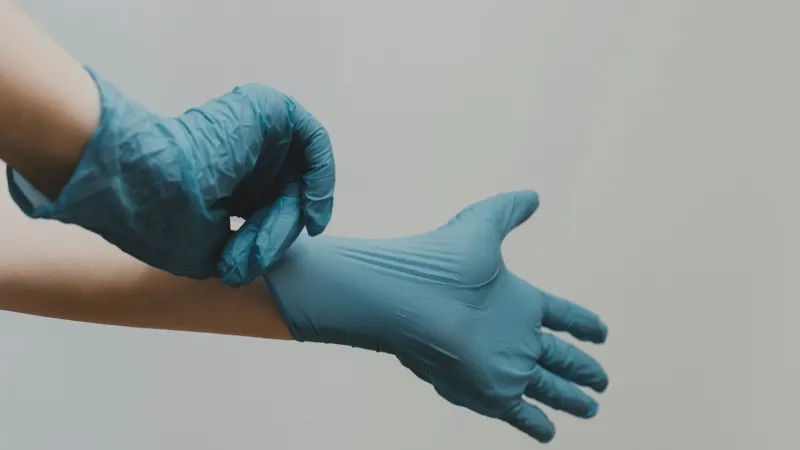
Around 2 in 5 healthcare CEOs set up AI task force
Around 48% are working towards creating their own AI task force.
Only 44% of healthcare CEOs have established an AI task force responsible for their firm’s AI vision, strategy, governance, and capital allocation, according to a survey by EY.
“Adoption of bold new innovations is often challenging, especially with health care professionals whose overriding concern is, first and foremost, patient safety,” Mault of BioIntelliSense said.
“Nonetheless, strong leadership can overcome these challenges through proper education and proof points of clear clinical benefit to patient care,” Mault added.
The EY CEO Outlook Pulse Survey showed that around 48% are still in the process of establishing their own AI task force, whilst 8% have not started.
Less than 30% of CEOs have fully invested in the capabilities of third-party AI model augmentation through proprietary data.
This coincides with 24% of the respondents being able to determine proprietary data leading to a competitive advantage through AI.
With regards to risks unique to AI, only 36% of CEOs said they had assessed how to effectively govern these risks.



















 Advertise
Advertise





